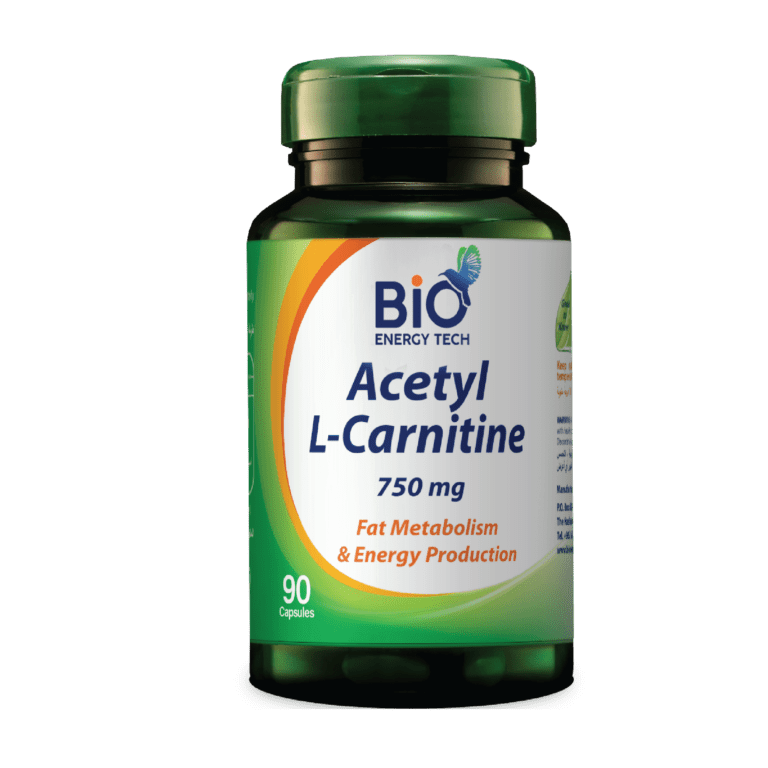The ashwagandha herb dates back to ancient Indians who used it as a hypnotic and sedative for stressful situations.
Ashwagandha is mainly used to boost brain function and relieve mental stress. It is also used in cases of arthritis, anxiety, bipolar disorder and attention deficit hyperactivity disorder. It is believed to have a role in fighting tumors and infections as well as speeding up wound healing. This article will be focusing on the scientifically proven benefits of ashwagandha.
Ashwagandha’s Mechanism of Action
Ashwagandha contains chemicals with immunity boosting, anti-inflammatory and stress relieving properties.
Benefits of Ashwagandha
Ashwagandha & Anxiety
Studies have shown that taking 300 mg of ashwagandha twice daily after food for two months may combat and reduce anxiety. It has also been shown to safely and effectively relieve symptoms associated with anxiety such as insomnia and psychological stress. Ashwagandha was also shown to reduce nervous mood swings.
Ashwagandha & Psychotropic Drugs
One of the biggest side effects of psychiatric medications, specifically medications used to treat schizophrenia, is hyperglycemia and hyperlipidemia. Taking 400 mg of ashwagandha 3 times daily has been shown to relieve symptoms of hyperglycemia and hyperlipidemia in people taking such medications for neurological diseases.
Ashwagandha & Sleep
Ashwagandha appears to be an ideal alternative to other synthesized medications that aid in sleep in patients with sleep disorders as it’s shown to be effective in treating insomnia.
Ashwagandha & Attention Deficit Hyperactivity Disorder (ADHD)
Studies have shown that taking a dose of some herbs, including ashwagandha, in ADHD patients resulted in increased focus and reduced distraction.
Ashwagandha & Bipolar Disorder
Studies show that taking ashwagandha daily may significantly improve symptoms associated with bipolar patients.
Ashwagandha & Cerebellar Ataxia
A preliminary study showed the role of ashwagandha compared with an alternative medication in improving balance in people with cerebellar ataxia.
Ashwagandha & Chemotherapy
Ashwagandha has been shown to improve symptoms such as fatigue and stress resulting from chemotherapy in cancer patients. It has also been observed to increase physical activity in these patients as well.
Ashwagandha & Diabetes
Ashwagandha has been shown to reduce elevated blood sugar in patients taking psychiatric medications. These results opened a new door of research to study the effects of ashwagandha on healthy individuals as well as patients with diabetes. Ashwagandha proved to be effective in reducing blood sugar readings in both the diabetics and non-diabetics.
Ashwagandha & Lipids
Ashwagandha has been shown to reduce elevated cholesterol levels in the blood resulting from psychotropic drugs specifically medicines for schizophrenia. This led to its trial in healthy individuals to which ashwagandha proved to be effective in reducing elevated levels of lipids and cholesterol in the blood.
Ashwagandha & Hypothyroidism
Most people with hypothyroidism have high levels of thyroid stimulating hormone (TSH). Ashwagandha reduces concentrations of this hormone and increases the production of thyroid hormones.
Ashwagandha & Male Fertility
Some studies have shown the effect of ashwagandha on improving sperm quality in men. Another study showed that ashwagandha increases sperm count. It has also been observed to significantly increase concentrations of the male hormone; testosterone.
Ashwagandha & Arthritis
A significant improvement in the symptoms of osteoarthritis patients was observed after consuming ashwagandha with zinc and other herbs.
Ashwagandha & Obsessive Compulsive Disorder (OCD)
Taking ashwagandha regularly along with OCD medications helps relieve symptoms.
Ashwagandha & Parkinson’s Disease
Taking ashwagandha with some other herbs relieves symptoms of Parkinson’s disease.
Ashwagandha use is still being studied in the following conditions:
- Cancer
- Tuberculosis
- Bedsores
- Immunity
- Swelling and inflammation
Side Effects of Ashwagandha
Ashwagandha for Pregnant and Breastfeeding Women
Consuming ashwagandha during pregnancy may lead to miscarriages, so it is advised to stay clear of ashwagandha consumption during pregnancy.
There is insufficient information on consuming ashwagandha while breastfeeding, therefore it is also advised to avoid its consumption during lactation periods.
Ashwagandha & Diabetes
Ashwagandha lowers blood sugar and caution should be taken when concomitant consumption with anti-diabetic medications occurs. It is also advised to communicate this with a doctor in order to avoid hypoglycemia.
Ashwagandha & Blood Pressure
Ashwagandha may decrease blood pressure readings, therefore taking it with antihypertensive medications may lead to a drastic decrease in blood pressure and perfusion. Try to avoid overconsumption of ashwagandha with such medications and inform a doctor about this immediately.
Ashwagandha & Stomach Ulcers
Ashwagandha is a digestive tract irritant. Therefore, if a person suffers from stomach ulcers, they are advised to avoid consuming ashwagandha.
Ashwagandha & Immune Diseases
Ashwagandha is considered an immunity booster thus its consumption by patients with autoimmune diseases is considered harmful.
Such immune diseases include:
- Systemic Lupus Erythematosus (SLE)
- Multiple sclerosis (MS)
- Crohn’s disease
Ashwagandha & Thyroid Diseases
Studies have also shown that ashwagandha increases the activity of the thyroid gland, therefore it is advised to avoid its consumption in patients taking thyroid stimulating drugs or thyroid hormones.
Ashwagandha & Surgeries
Ashwagandha mildly depresses the central nervous system. This raises concerns among anesthesiologists about the effects of ashwagandha with anesthesia drugs that are given during operations and the possibility of an increased duration of the anesthetic effect. Therefore, it is recommended to avoid taking ashwagandha for two weeks prior to any operation.
Pharmacological Interactions with Ashwagandha
Ashwagandha & Immunosuppressant Drugs
Ashwagandha’s principle of action is contradictory with immunosuppressant drugs. Ashwagandha increases the body’s immunity while these drugs dampen its immunity.
Such drugs include:
- Cyclosporine (Neoral, Sandimmune)
- Daclizumab (Zenapax)
- Muromonab-CD3 (OKT3, Orthoclone OKT3)
- Mycophenolate (CellCept)
- Tacrolimus (FK506, Prograf)
- Sirolimus (Rapamune)
- Prednisone (Deltasone, Orasone)
- Corticosteroids (Specifically glucocorticoids)
Ashwagandha & Antidepressants
Ashwagandha aids in sleep as do some hypnotic or sedative medicines therefore concomitant use may prolong periods of sleepiness and drowsiness. Among these drugs are:
- Clonazepam (Klonopin)
- Diazepam (Valium)
- Lorazepam (Ativan)
- Phenobarbital (Donnatal)
- Zolpidem (Ambien)
Ashwagandha & Thyroid Hormones
As mentioned previously, ashwagandha increases thyroid activity and thyroid hormone secretion, so taking such hormones with ashwagandha may increase their concentration in the body. Therefore it is strongly advised to consult a doctor before such concomitant consumption occurs.








